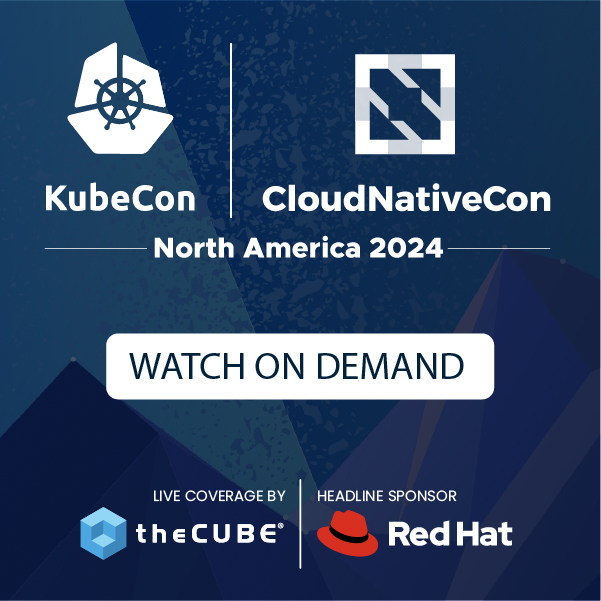How Much is Government Overpaying for Software While Valuable People Get Pay Cuts?
![]() I have colleagues who are just days away from getting a monumental pay cut and not because of anything they have done wrong. These are people I respect, people who work very hard for a living. They are talented, educated and dedicated professionals who have chosen the public sector and many are about to get what amounts to a 20 percent pay cut. They’re part of the tens of thousands of government workers facing one-day-a-week furloughs because of the massive $85 billion in domestic spending cuts needed in this year’s federal budget.
I have colleagues who are just days away from getting a monumental pay cut and not because of anything they have done wrong. These are people I respect, people who work very hard for a living. They are talented, educated and dedicated professionals who have chosen the public sector and many are about to get what amounts to a 20 percent pay cut. They’re part of the tens of thousands of government workers facing one-day-a-week furloughs because of the massive $85 billion in domestic spending cuts needed in this year’s federal budget.
I have to ask, ‘Has the leadership of our government agencies truly done all they could to avoid something this monumental?’ I want to know, ‘Have we really exhausted all of our options for operating leaner and smarter?’ Because if now isn’t the right time, when legions of government employees who have faithfully been doing their jobs are now facing painful choices in their lives, I don’t know when is.
What’s more, I know the answer already to these questions. The answer is a resounding NO! In the database sector, for example, Postgres is already saving the government millions of dollars and could be saving 50-100 times that and more. Yet many agencies continue to stick with more expensive solutions.
Need proof? Consider that Oracle is in the top 100 of the highest paid government contractors in the world. Translated, the company pulled down $197 million in taxpayer dollars in 2011, landing it in 91st place, according to the 2012 Washington Technology top 100. On the surface there is nothing wrong with that. Oracle is in business to make money and they do it with good products. I certainly respect that, though my company makes its money with products that are as good but cost a lot less. But when I hear about how many people are about to take huge pay cuts, my outrage is focused on the high prices my government is paying for its database. I know it doesn’t have to be this way.
There are open source database solutions like Postgres that cost 80 percent less than Oracle with virtually all of the same capabilities. In other words, that $197 million in Oracle database spent with EnterpriseDB, the leading Postgres Database Company, would have cost less than $40 million. That’s a difference of $158 million, or enough to pay the average cost of a furlough day for 527,000 federal employees!
We are working with a number of government agencies and leaders who are defining a new future, but the pace of adoption across other departments can be faster. Postgres has been tested and proven by many government agencies and is in use in places like the US Department of State, the FAA and the US Army but too few IT leaders make switching off of Oracle a high enough priority. Even when other agencies have proven massive savings. I’m sure the folks over at Oracle are plenty happy about this, but I think it’s tragic.
What makes this all the more frustrating is that interest in Postgres among government workers has soared. In the past 12 months, our records show that employees from virtually all government agencies have visited our site to get information on Postgres from EnterpriseDB. They are looking closely because they understand the importance of spending reductions and how technology like this can help. Department, agency and government leadership should be working hard right now to enable their committed and thoughtful staff to implement real technology change. That leadership will simultaneously help those very employees from being furloughed or losing their jobs. If ever there was a win-win in government, this is it.
Here is the deal I’ll make with government agencies: check out Postgres and we will show you how to save at least 80% of your annual spend on Oracle databases. Cut database spend, not salaries.
photo credit: Truthout.org via photopin cc
A message from John Furrier, co-founder of SiliconANGLE:
Your vote of support is important to us and it helps us keep the content FREE.
One click below supports our mission to provide free, deep, and relevant content.
Join our community on YouTube
Join the community that includes more than 15,000 #CubeAlumni experts, including Amazon.com CEO Andy Jassy, Dell Technologies founder and CEO Michael Dell, Intel CEO Pat Gelsinger, and many more luminaries and experts.
THANK YOU











